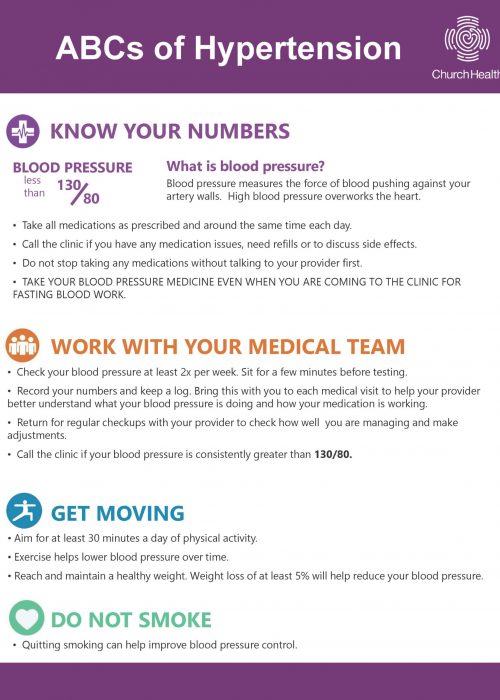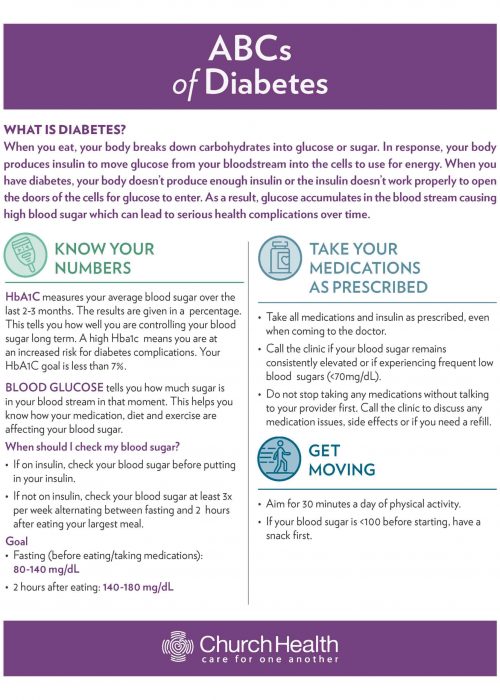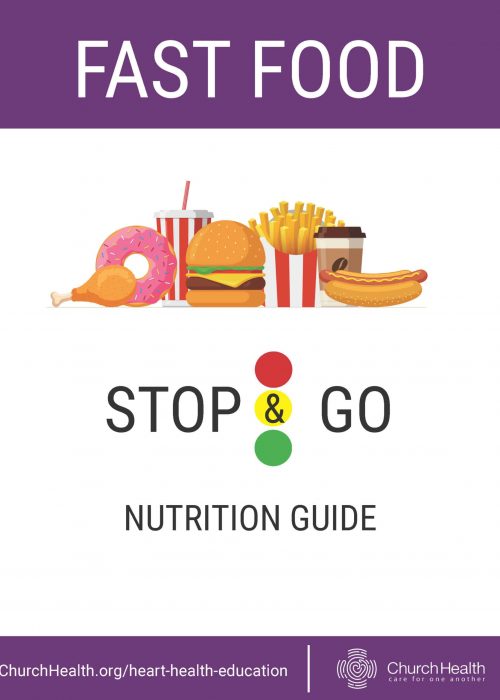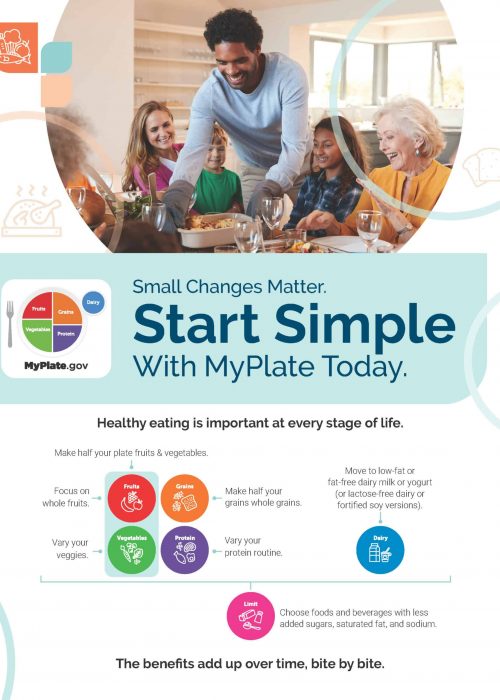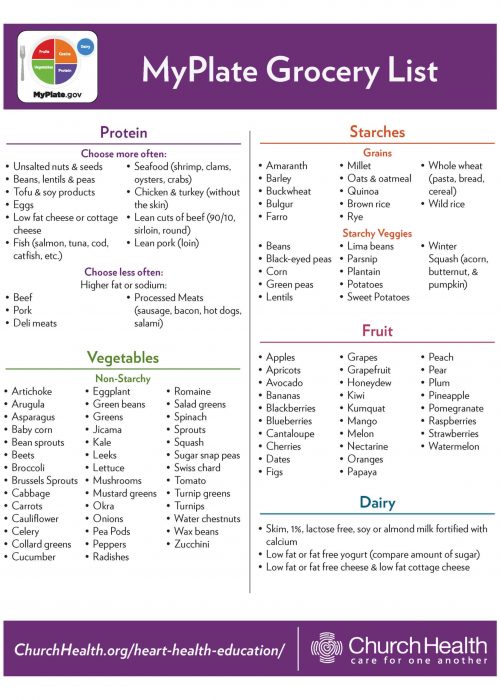Integrated Heart Health Education
Keeping your Heart Healthy
Keeping your heart healthy is something you can work on every day.
What you eat, how much you move, whether you smoke and controlling your cholesterol and blood pressure are five things that can have a big impact on your heart.
Find out why they’re so important and get practical tips on living a heart-healthy lifestyle.

Follow a Heart-Healthy Diet

Get Moving
When you enjoy being active, you’re more likely to do it more often.
Any physical activity is better than none. Aim for at least 30 minutes a day of physical activity. Exercise helps lower blood pressure over time.

Be Smoke Free
The first step to quitting is understanding the risks associated with smoking.
Smoking damages the blood vessels leading to your heart, brain and other parts of your body. This makes you four times more likely to die of heart attack or stroke and three times more likely to die from sudden cardiac death.

Understand and Control Your Blood Pressure
Blood pressure is the pressure of your blood on the walls of your arteries as your heart pumps it around your body. It’s a vital part of how your heart and circulation work.
Blood pressure that’s high over a long time is one of the main risk factors for heart disease. As you get older, the chances of having ongoing high blood pressure increases.
High Blood Pressure Resources
ABCs of Hypertension English
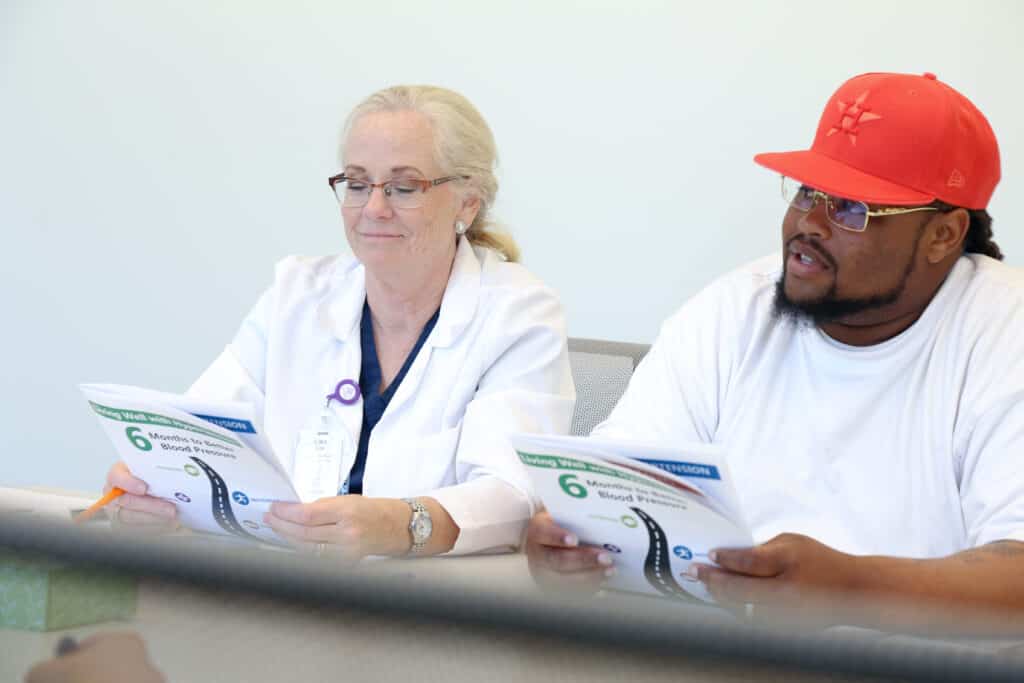
Know Your Risk for Diabetes
When you eat, your body breaks down carbohydrates into glucose or sugar. In response, your body produces insulin to move glucose from your bloodstream into the cells to use for energy. When you have diabetes, your body doesn’t produce enough insulin or the insulin doesn’t work properly to open the doors of the cells for glucose to enter. As a result, glucose accumulates in the blood stream causing high blood sugar which can lead to serious health complications over time.

Success Strategies for Preventing Diabetes
Blood Sugar
less than
fasting between:
after meals (1-2 hours):
80 – 140
140 – 180
A1c (average blood sugar)
less than
7.0
Blood Pressure
less than
130
/80
Total Cholesterol
less than
200
LDL (bad) cholesterol
less than
HDL (good)
cholesterol
more than
100
40
Know Your Numbers
HbA1C measures your average blood sugar over the last 2-3 months. The results are given in a percentage. This tells you how well you are controlling your blood sugar long term. A high Hba1c means you are at an increased risk for diabetes complications. Your HbA1C goal is less than 7percent.
Blood Glucose tells you how much sugar is in your blood stream in that moment. This helps you know how your medication, diet and exercise are affecting your blood sugar.
Goal:
Fasting (before eating/taking medications): 80-140 mg/dL
2 hours after eating: 140-180 mg/dL
Diabetes Resources
ABCs of Diabetes (English)
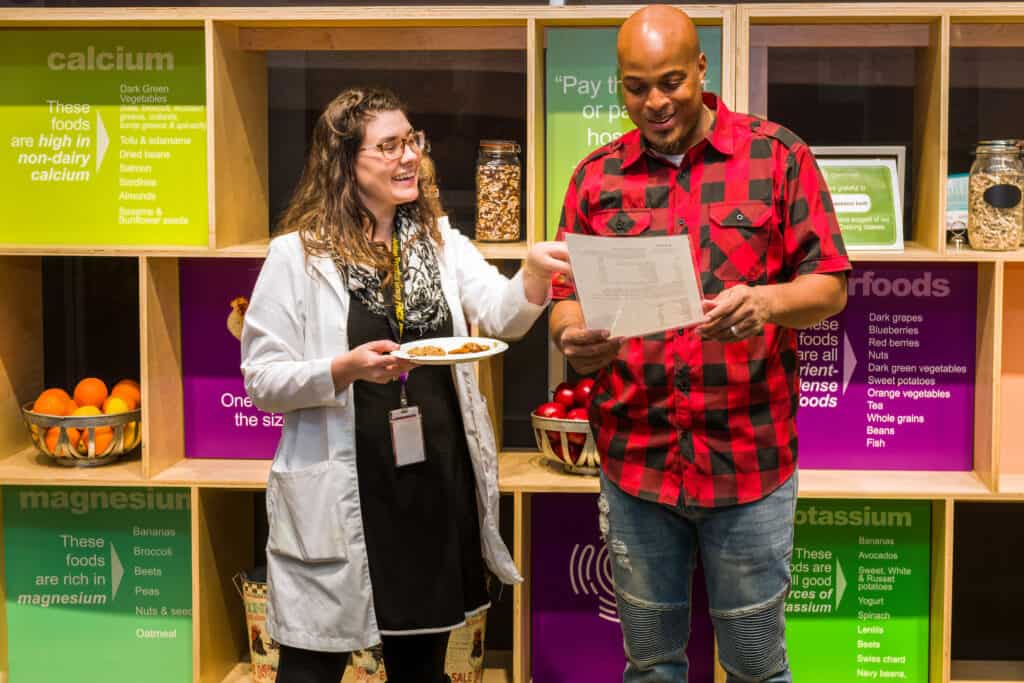
Heart-Healthy Eating
Eating healthy doesn’t have to mean dieting or giving up all the foods you love. Learn how to ditch the junk, give your body the nutrient-dense fuel it needs, and love every minute of it!
